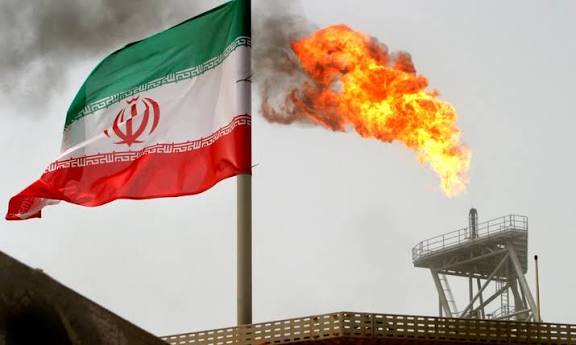The Group CEO of Network International, Nandan Mer, has stated that the current initiative to achieve 95% financial inclusion can be expedited through government-sponsored payment schemes.
This was disclosed by Mer while addressing pressmen at the launching of the Company’s Network One Payment Platform in Lagos on Wednesday, according to Nairametrics.
He stated that the government would have to set financial inclusion goals for all ecosystem players in addition to its own involvements.
He, however, said that the government could not do it alone, adding that ecosystem players must also embrace the government’s mandates, policies, and regulations.
Mer pointed out that there is usually a huge force for good when the government gets involved through various projects.
“I believe the Nigeria Inter-Bank Settlement System (NIBSS) is doing a good job in terms of interbank payments and the proposed domestic card scheme is a step in the right direction. Network International is committed to embracing these initiatives and recognizing the transformative power of government involvement.
“While government responsibility is not sole, its engagement accelerates progress. Alignment among government, policymakers, and central banks is vital,” Mer said.
According to Mer, to improve local processing capabilities, Network International is implementing its flagship Network One platform on Nigerian soil in compliance with the Central Bank of Nigeria’s regulation for in-country transaction routing.
He stressed that the platform is now prepared to empower and onboard banks, fintechs, and Mobile Network Operators (MNOs) in Nigeria, West African and beyond.
“As the country with the fourth-largest Gross Domestic Product (GDP) in Africa with strong consumer spending, Nigeria is ripe for a digital payments boom.
“Total transaction value in the domestic digital payments market is projected to reach 21.32 billion US dollars in 2024, with an annual growth rate (CAGR 2024-2028) of 10.06% projected to reach a total amount of 31.28 billion dollars by 2028,” he added.
Financial inclusion in Nigeria rose to 74% in 2023 from 68% in 2020, according the Enhancing Financial Innovation & Access (EFInA) 2023 Access to Finance study.










